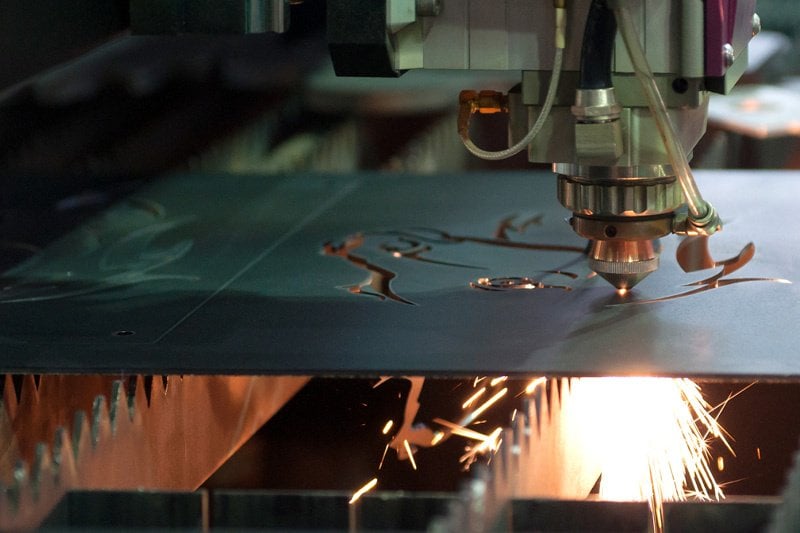

People unemployed by machines still require income, so they end up finding what they can get. Most people end up finding new paid work that requires less skill, and thus pays less. The job market is steadily polarizing.ĭecade after decade, medium-skill manufacturing/office jobs have been disappearing, and in response, the unemployed have found new employment in new low-skill service jobs. Yes, some with highly valued skills go on to get better jobs, but they are very much the minority. Wages, salaries, and benefits are all just overhead that can be eliminated by use of machines.īut hey, don’t worry, right? Because everyone unemployed by machines will find better jobs elsewhere that pay even more… Well, about that, that’s not at all what the history of automation in the computer age over the past 40 years shows.

Companies are actively investing in automation because it means they can produce more at a lower cost. It’s actually a very similar situation to climate change, where the effects are right in our faces, but it’s still considered a debate. This is a story of technological unemployment that is crystal clear, and yet people are still arguing about it like it’s something that may or may not happen in the future. Those who were let go became simply unnecessary overhead. Oil rigs returned to drilling, but all the rig workers didn’t. As a result, like a phoenix rising, they emerged transformed. That’s half of the $100 per barrel they’d gotten used to, which is fine as long as they’re able to produce at twice the efficiency.

In the summer of 2016, oil prices were no longer under $30 per barrel, and had gone back up to around $50 per barrel where they remain. It let people go and it invested in automation. So once it became important to increase efficiency, that’s exactly what the oil industry did. However, that changes when times get tough, and times got very tough for the oil industry as oil prices plummeted thanks to new competition from yet another technological advancement - fracking. It’s used to making lots of money, and when you’re making money hand over fist, you don’t need to focus on efficiency. How did it happen so fast? Because the oil industry didn’t really need the workers it lost in the first place. Now look back at the chart again, and notice how quickly this all happened.


 0 kommentar(er)
0 kommentar(er)
